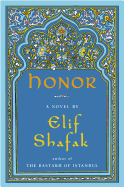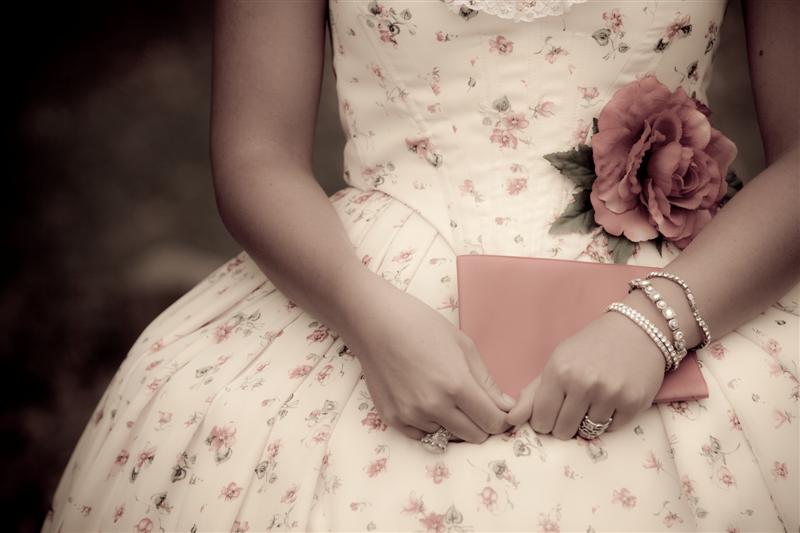_Brinn_Willis.jpeg) |
| photo: Brinn Willis |
Ryan McIlvain was born in Utah and grew up in the Mormon Church; he resigned his membership from it in his mid-20s. His fiction and nonfiction have appeared in many journals, including the Paris Review. He received a Stegner Fellowship in 2009. McIlvain lives with his wife in Los Angeles. His first novel, Elders (Hogarth, March 5, 2013), follows two young Mormon missionaries in Brazil.
On your nightstand now:
Tolstoy's War and Peace (it's been there a while) and Maupassant's My Uncle Jules and Other Stories. In the on-deck circle is Dummy Fire and American Spikenard, two poetry collections by Sarah Vap and, finally, Sweet Tooth by Ian McEwan.
Favorite book when you were a child:
I've never stopped loving Shel Silverstein's The Giving Tree.
Your top five authors:
Agony! I'll hedge by calling these the five authors I've been most excited about recently: Willa Cather, Thomas Hardy, Marilynne Robinson, W.G. Sebald and Saul Bellow.
Book you've faked reading:
The Count of Monte Christo by Alexandre Dumas. I was 16, in love with the idea of speed-reading (is it more than an idea?), and determined to read a classic a day. Basically, I just turned the pages. I like Woody Allen on this: "I took a speed-reading course and read War and Peace in twenty minutes. It involves Russia."
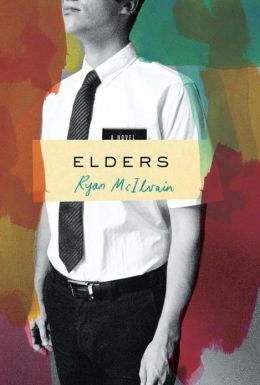 Book you're an evangelist for:
Book you're an evangelist for:
Dinner at the Homesick Restaurant by Anne Tyler. It's not her most recent or most celebrated, but it's just so numinous and deeply felt. In Anne Tyler the 19th-century novel is alive and well.
Book you've bought for the cover:
The History of Western Philosophy by Bertrand Russell.
That road reminded me of France and, I was sure, led to total enlightenment. (As it happened, I really liked the book and have forgotten almost all of it.)
Book that changed your life:
I read Arthur Miller's Death of a Salesman in high school and felt shocked by it--that terrible ache. I bought a cassette of the original Broadway cast performing it and drove around and around my Massachusetts town, listening, re-listening. Ever since then I've associated Willy Loman with the red bursts of cranberry bogs glimpsed through trees.
Favorite line from a book:
How about a passage from Hogarth's founder and patron saint? I think it gets at Woolf's courage in the face of ambivalence, her "negative capability." It's from Mrs. Dalloway: "Peter would think her sentimental. So she was. For she had come to feel that it was the only thing worth saying--what one felt. Cleverness was silly. One must say simply what one felt. 'But I do not know,' said Peter Walsh, 'what I feel.' "
Book you most want to read again for the first time:
Philip Roth's The Ghost Writer. It was pure pleasure--such an unassuming premise, but the world poured out of it. A perfect book.
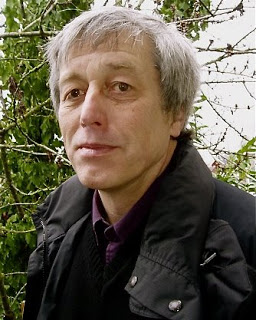 "So much is different--technology-driven changes, the dynamics and scale of the business, of the city, of the world--yet some constants have been in place since Walter Carr and Nanci McCrackin opened Elliott Bay. We find books to put in the hands of readers, book-by-book, person-by-person, day-by-day. It's been that ever thus."
"So much is different--technology-driven changes, the dynamics and scale of the business, of the city, of the world--yet some constants have been in place since Walter Carr and Nanci McCrackin opened Elliott Bay. We find books to put in the hands of readers, book-by-book, person-by-person, day-by-day. It's been that ever thus."





 General
General  Citing Amazon EU S.a.r.l 's application to secure the
Citing Amazon EU S.a.r.l 's application to secure the  As part of Disney's ABC Television Group, Hyperion "will look for books either linked to ABC television properties or that it believes can be extended to television or other corners of Walt Disney," according to the Journal, citing a "person familiar with the situation" who said, "I don't think anybody should use 'not' or 'never' but this is the direction we're going and where Hyperion's priorities will be."
As part of Disney's ABC Television Group, Hyperion "will look for books either linked to ABC television properties or that it believes can be extended to television or other corners of Walt Disney," according to the Journal, citing a "person familiar with the situation" who said, "I don't think anybody should use 'not' or 'never' but this is the direction we're going and where Hyperion's priorities will be." 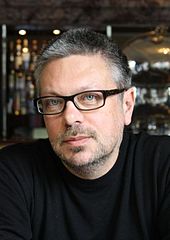
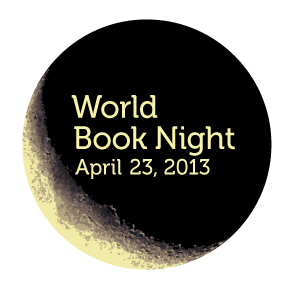 With a month and a half to go until World Book Night U.S. on April 23, the organization is moving ahead, adding four new partners and making donations of the sterling titles remaining from last year.
With a month and a half to go until World Book Night U.S. on April 23, the organization is moving ahead, adding four new partners and making donations of the sterling titles remaining from last year. 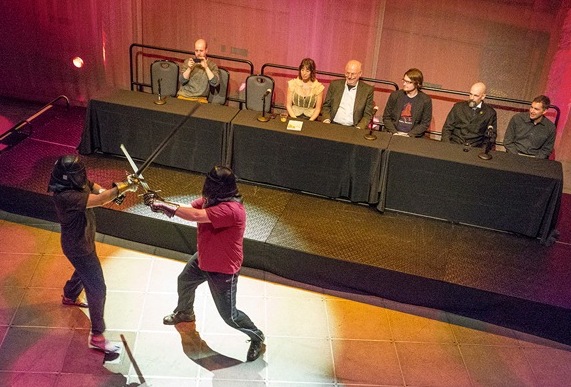
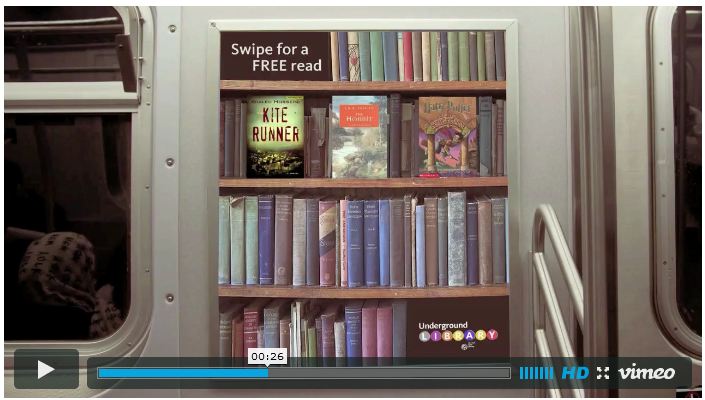
 For
For 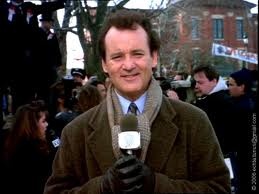 Although it "reached its highest volume of sales on Groundhog Day 2008," Medill Reports noted that this year Read Between the Lynes "beat its previous sales record within the first hour of being open on the holiday," selling numerous groundhog-themed items like books, hats, pins and hooded sweatshirts.
Although it "reached its highest volume of sales on Groundhog Day 2008," Medill Reports noted that this year Read Between the Lynes "beat its previous sales record within the first hour of being open on the holiday," selling numerous groundhog-themed items like books, hats, pins and hooded sweatshirts. 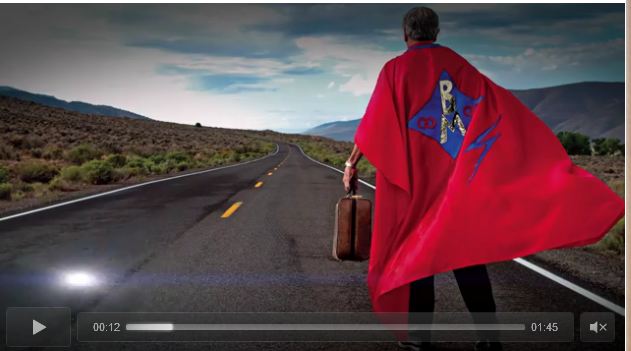 The Adventures of Binder-Man: And How He Changed His World (Kind Of)
The Adventures of Binder-Man: And How He Changed His World (Kind Of)_Brinn_Willis.jpeg)
 Book you're an evangelist for:
Book you're an evangelist for: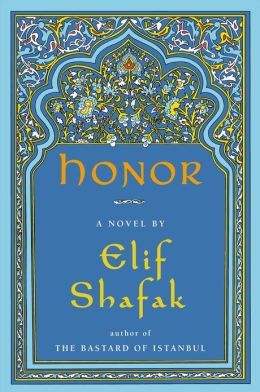 Elif Shafak's Honor is not a whodunit--the reader learns who the killer is in the first chapter--but a whydunit that dramatizes the cultural pressure and family dysfunction that might compel an Anglo-Turkish teenager in 1978 London to execute an ancient ritual. Light on gore and rich in psychological complexity, the novel presents an intricate pattern of events (with a dash or two of kismet) to show how a practice as heinous as honor killing could persist across generations and in spite of assimilation.
Elif Shafak's Honor is not a whodunit--the reader learns who the killer is in the first chapter--but a whydunit that dramatizes the cultural pressure and family dysfunction that might compel an Anglo-Turkish teenager in 1978 London to execute an ancient ritual. Light on gore and rich in psychological complexity, the novel presents an intricate pattern of events (with a dash or two of kismet) to show how a practice as heinous as honor killing could persist across generations and in spite of assimilation.